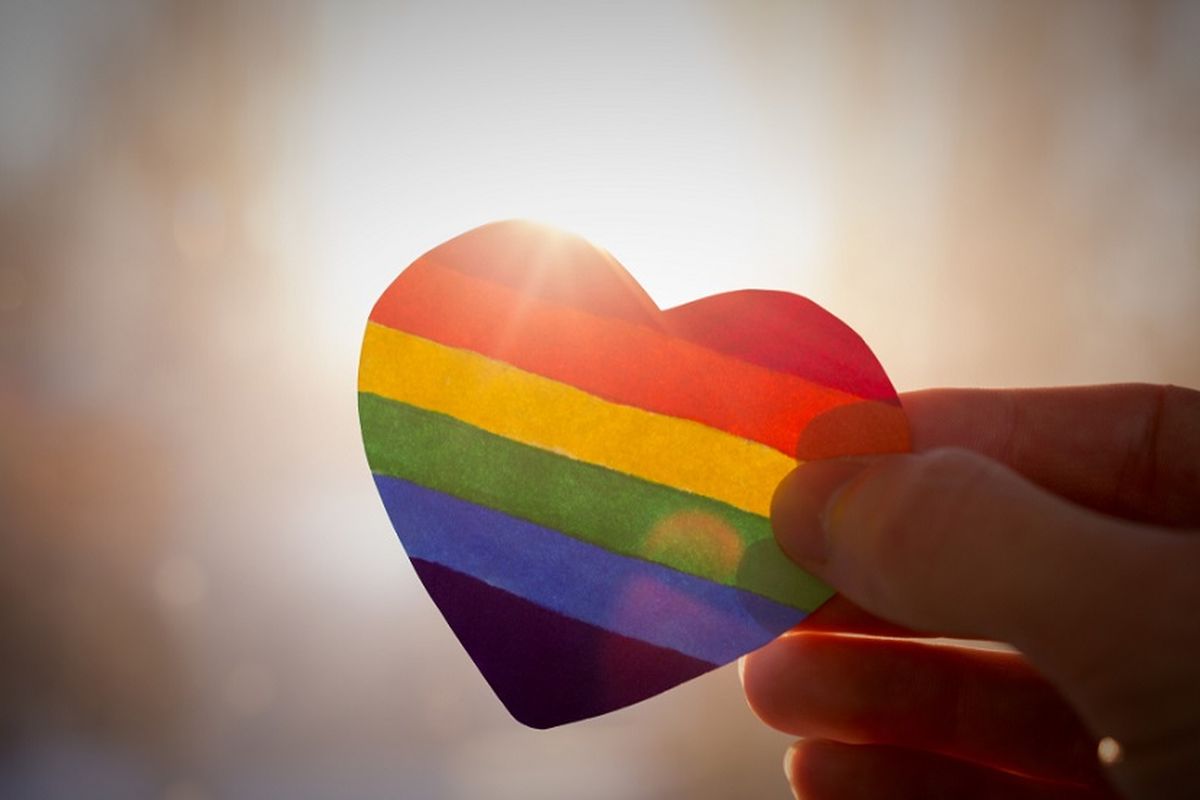
KOMPAS.com - When an Indonesian American, a recent college graduate, collected a $10,000 peace prize she spent the money as soon as she could to realize her winning plan – providing aging trans women in Jakarta with a steady income from a laundry business, freeing them from sex work and begging.
In the fall of 2019, Marhaennia English, known to all as Nia, was a junior at Hood College in Frederick, Maryland, when she entered a competition for a grant from Projects for Peace. The program, based in Middlebury, Vermont, encourages students enrolled in American institutions to develop grassroots projects that promote peace.
For English, a 43-year-old mother of three, peace means living freely without fear of stigma and discrimination. When she looked at the entry requirements, she knew she would design a project to support “socially disadvantaged elderly trans people” and an organization that supports them, an existing nonprofit, the Indonesian Transgender Communication Forum (FKWI).
English, whose college classes focused on women’s studies and gender issues, decided a laundromat would be “a suitable business for elderly trans people because they have little to no education.”
Scott Pincikowski, the coordinator of the Project for Peace at Hood College, said English’s entry showed she understood “how it would make a positive impact upon older trans people, a vulnerable group in Indonesia.”
Also read: The Story of A Trans Woman Who Survives Through Covid-19 in Indonesia
But after winning the prize in March 2020, English could not begin work on her project because of the pandemic, which was making the lives of trans people even more precarious.
Even before the coronavirus, “our economic situation is tough,” Yulianus Rettblaut, a 60-year-old trans woman, told VOA Indonesian.
Rettblaut, better known as Mami Yuli, has a master’s degree in criminal law from the University of Tama Jagakarsa and heads FKWI. She runs a shelter for more than 825 trans women in Depok, in the outskirts of Jakarta. Most of the women are elderly, poorly educated, and lack family support.
Mami Yuli has tallied 27 deaths from Covid-19 in her trans community. In Jakarta, the death toll is closing in on 13,600, according to government statistics, and there have been more than 143,600 deaths nationwide.
Edo Kusuma, or Oma Dona as she prefers to be known, is a shelter resident. Originally from West Kalimantan province, Oma Dona, 70, still remembers her parents’ words after 46 years, “We don’t want to have a queer son!”
She recalled being locked in a room and tied up, telling VOA Indonesian, “I decided to fight for my own freedom and run away to Jakarta.”
Oma Dona has not seen her family since 1975 when she arrived in Indonesia’s capital city. She was a sex worker for more than 30 years.
Also read: Rikky Muhammad Fajar Promotes Creative Community of Trans Women in Jakarta
Hers is the story of many Indonesian trans women. Even though Indonesia, a majority Muslim country, does not criminalize transgender people, the group faces gender-based discrimination.
“Almost 80 percent of trans women come from rural areas,” said Mami Yuli, who is pursuing a doctoral degree in constitutional law at the University of Jayabaya while also managing her hair salon, among other pursuits.
































